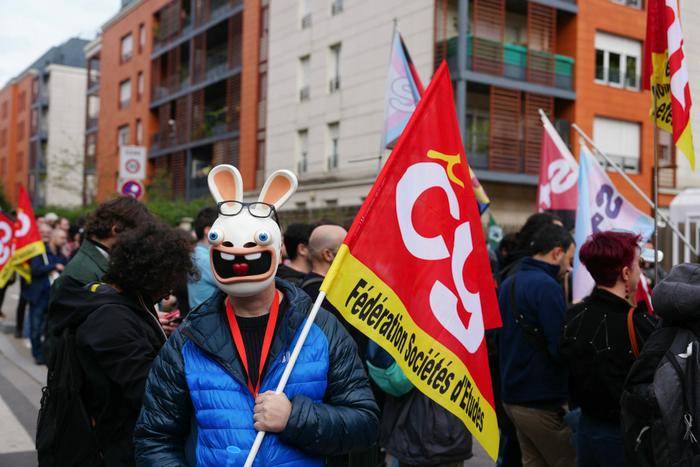The Great Return-to-Office Experiment: Ubisoft's Trial and Tribulations
As the world slowly emerges from the pandemic-induced remote work era, companies are grappling with the question of how to balance employee flexibility with the need for face-to-face collaboration and creativity. French video game giant Ubisoft is one such company that has been at the forefront of this debate, with a return-to-office experiment that has yielded mixed results.
In 2020, as the pandemic took hold, Ubisoft, like many other companies, was forced to adopt remote work arrangements. However, as the company began to navigate the challenges of remote work, it became clear that something was missing. The lack of face-to-face interaction and spontaneous collaboration was beginning to take a toll on the company's creative output and employee morale.
In response, Ubisoft's leadership team decided to embark on a return-to-office experiment. The plan was to gradually bring employees back to the office, while still maintaining some flexibility for remote work. The goal was to strike a balance between the benefits of face-to-face collaboration and the flexibility and autonomy that employees had grown accustomed to during the pandemic.
The experiment began in the summer of 2022, with Ubisoft's Montreal studio serving as the pilot site. The company's leadership team worked closely with employees to design a new hybrid work model that would allow employees to split their time between the office and remote work.
The results of the experiment have been mixed. On the one hand, many employees have reported feeling more connected to their colleagues and more engaged in their work since returning to the office. The company has also seen an uptick in creativity and innovation, with employees reporting that the face-to-face interactions and spontaneous collaborations have helped to stimulate new ideas and approaches.
On the other hand, some employees have reported feeling frustrated and disenchanted with the new hybrid work model. Many have expressed concerns about the impact of the return-to-office policy on their work-life balance and flexibility. Others have reported feeling anxious about the prospect of commuting to the office and dealing with the distractions and interruptions that come with working in a shared space.
Despite these challenges, Ubisoft's leadership team remains committed to the return-to-office experiment. The company's CEO, Yves Guillemot, has stated publicly that he believes the benefits of face-to-face collaboration and creativity outweigh the costs and challenges of implementing a hybrid work model.
As Ubisoft continues to navigate the complexities of the return-to-office debate, the company's experience serves as a valuable case study for other organizations grappling with similar challenges. The experiment highlights the importance of flexibility, autonomy, and employee engagement in designing effective hybrid work models.
It also underscores the need for companies to be adaptable and responsive to the evolving needs and preferences of their employees. As the nature of work continues to evolve in the post-pandemic era, companies like Ubisoft will need to remain agile and innovative in their approaches to work, collaboration, and creativity.
In conclusion, Ubisoft's return-to-office experiment serves as a valuable lesson for companies navigating the complexities of hybrid work models. While the results of the experiment have been mixed, the company's commitment to flexibility, autonomy, and employee engagement serves as a model for other organizations seeking to balance the benefits of face-to-face collaboration with the need for flexibility and adaptability in the modern workplace.
As the debate over the return to office continues to unfold, Ubisoft's experience serves as a reminder that there is no one-size-fits-all solution to the challenges of hybrid work. Instead, companies must be willing to experiment, adapt, and evolve in response to the changing needs and preferences of their employees.


